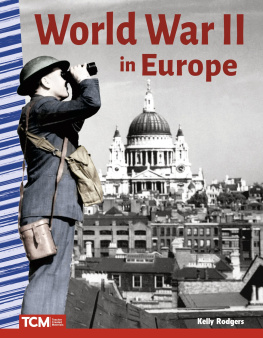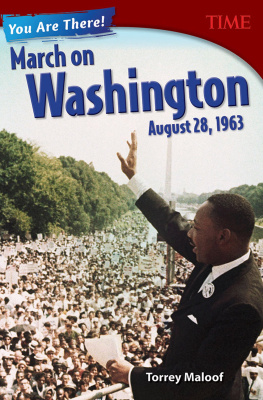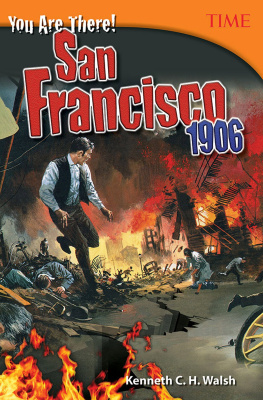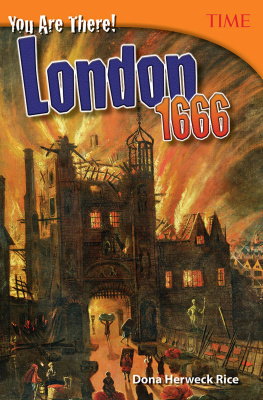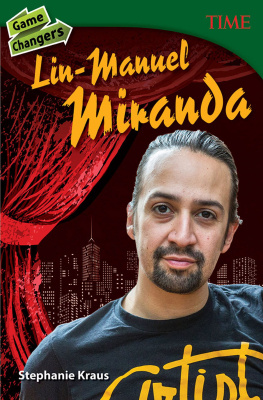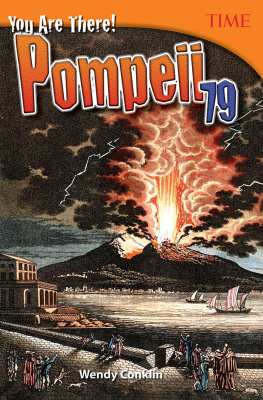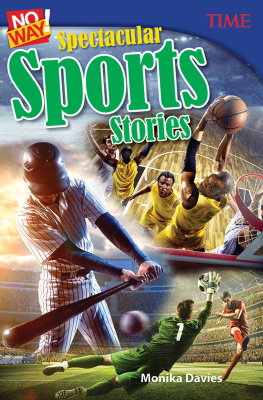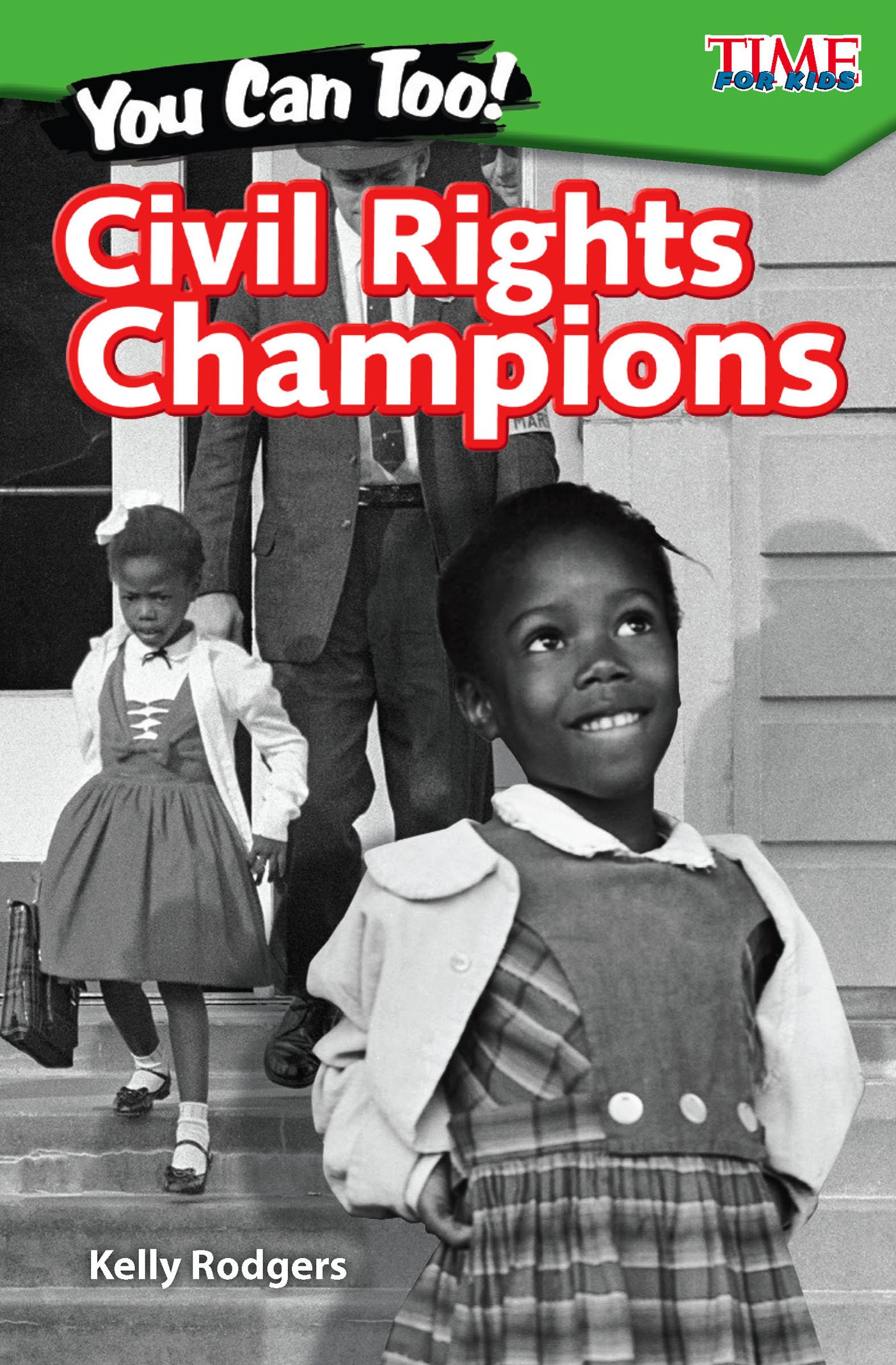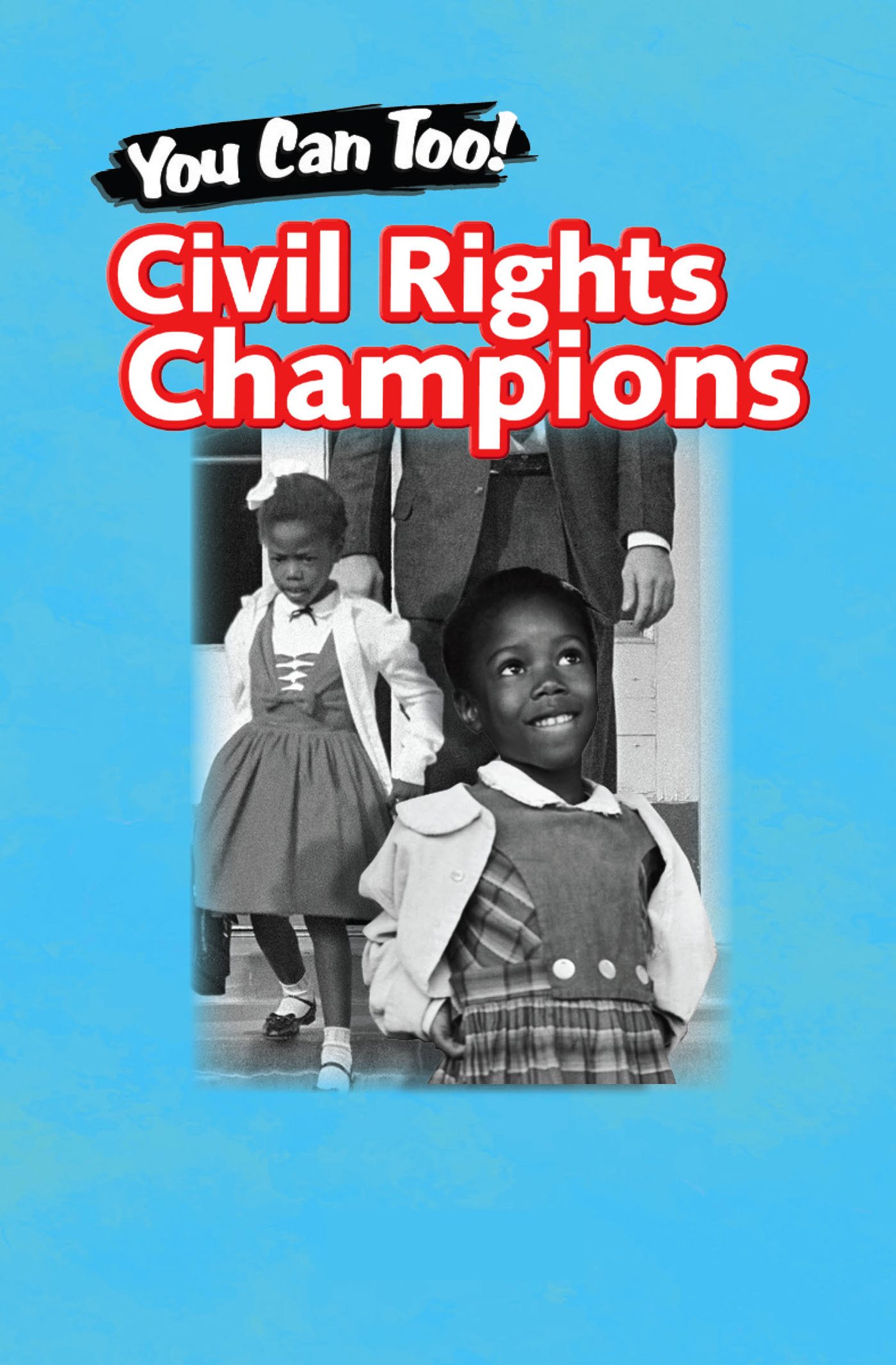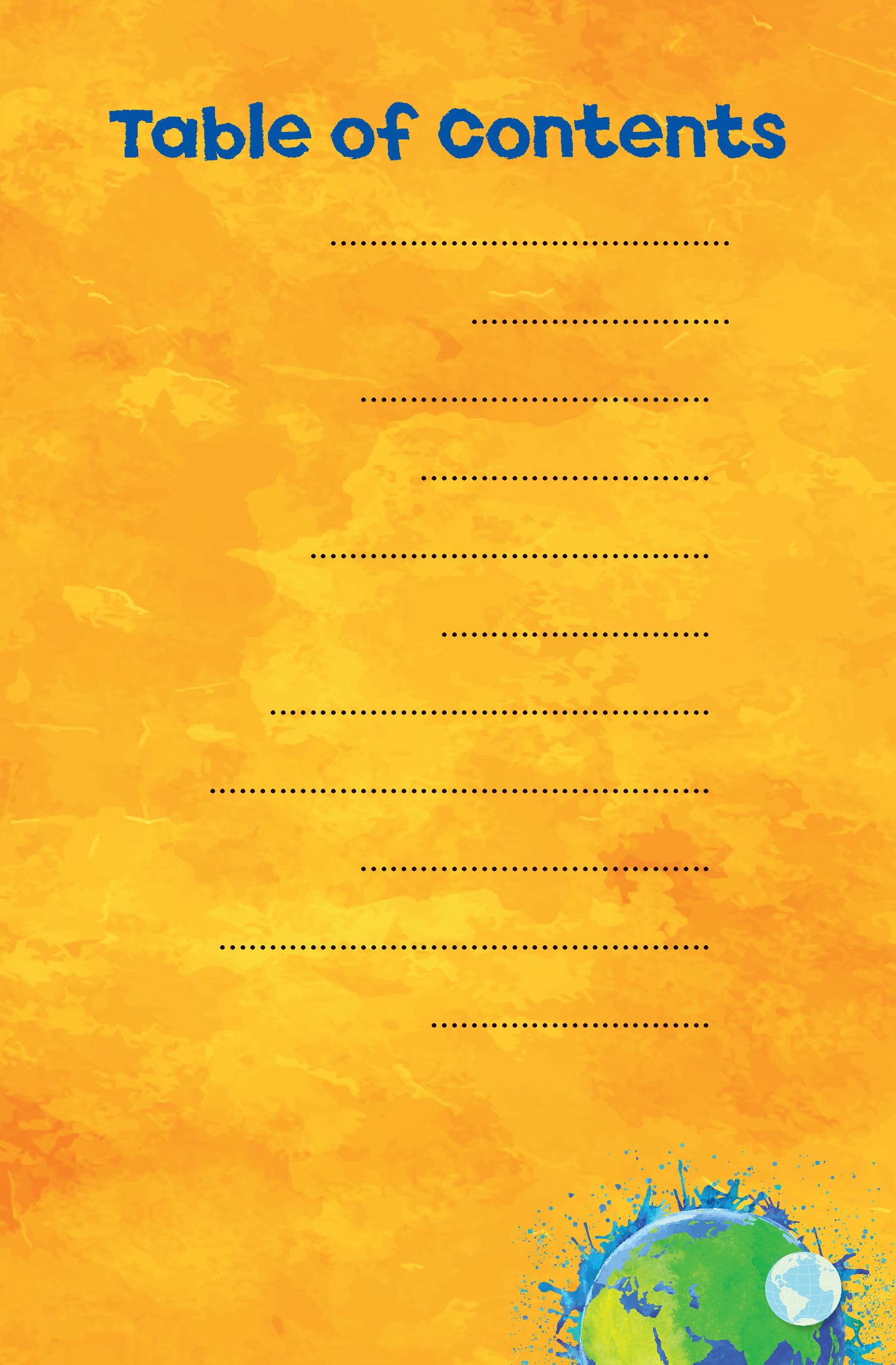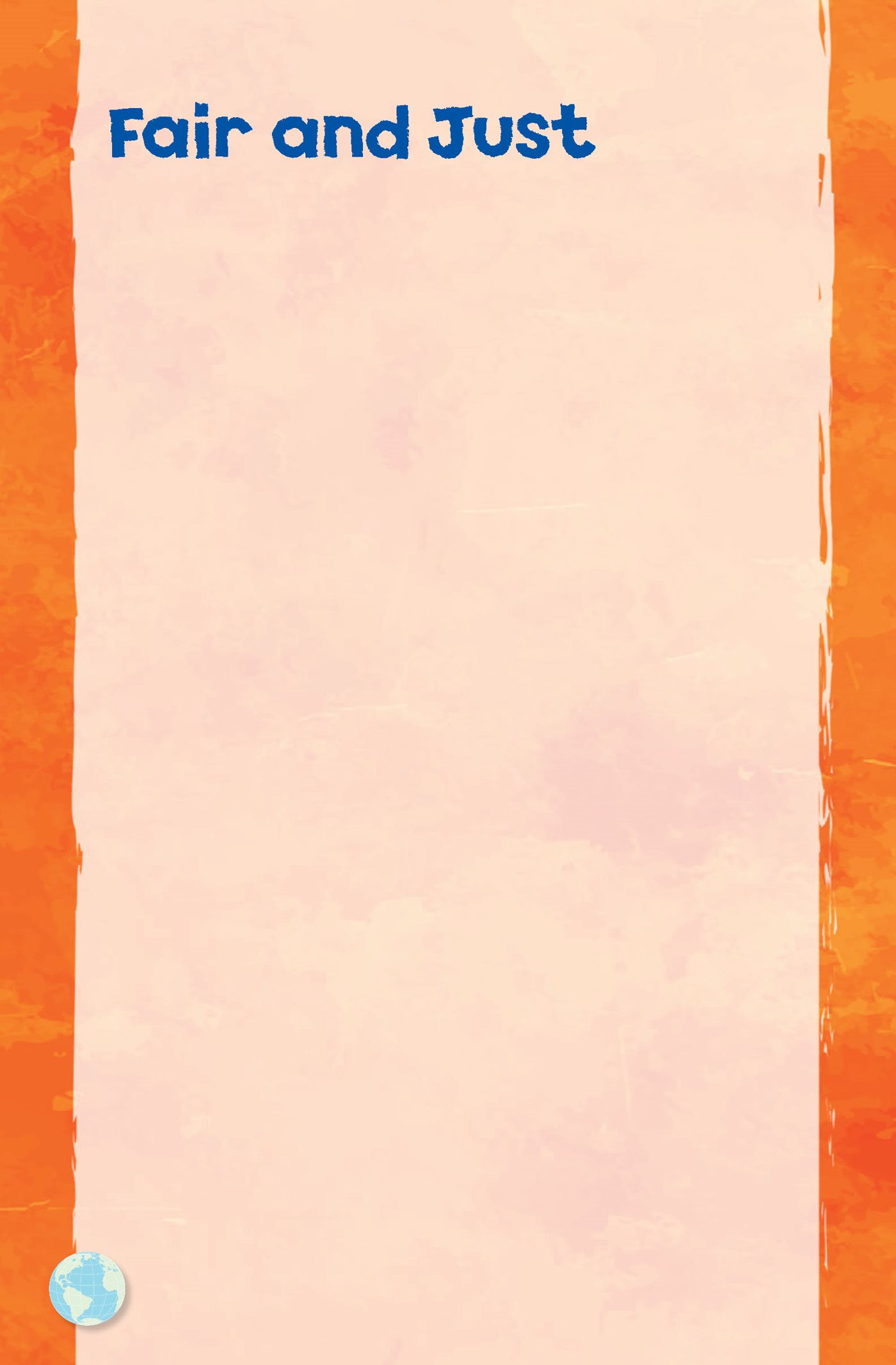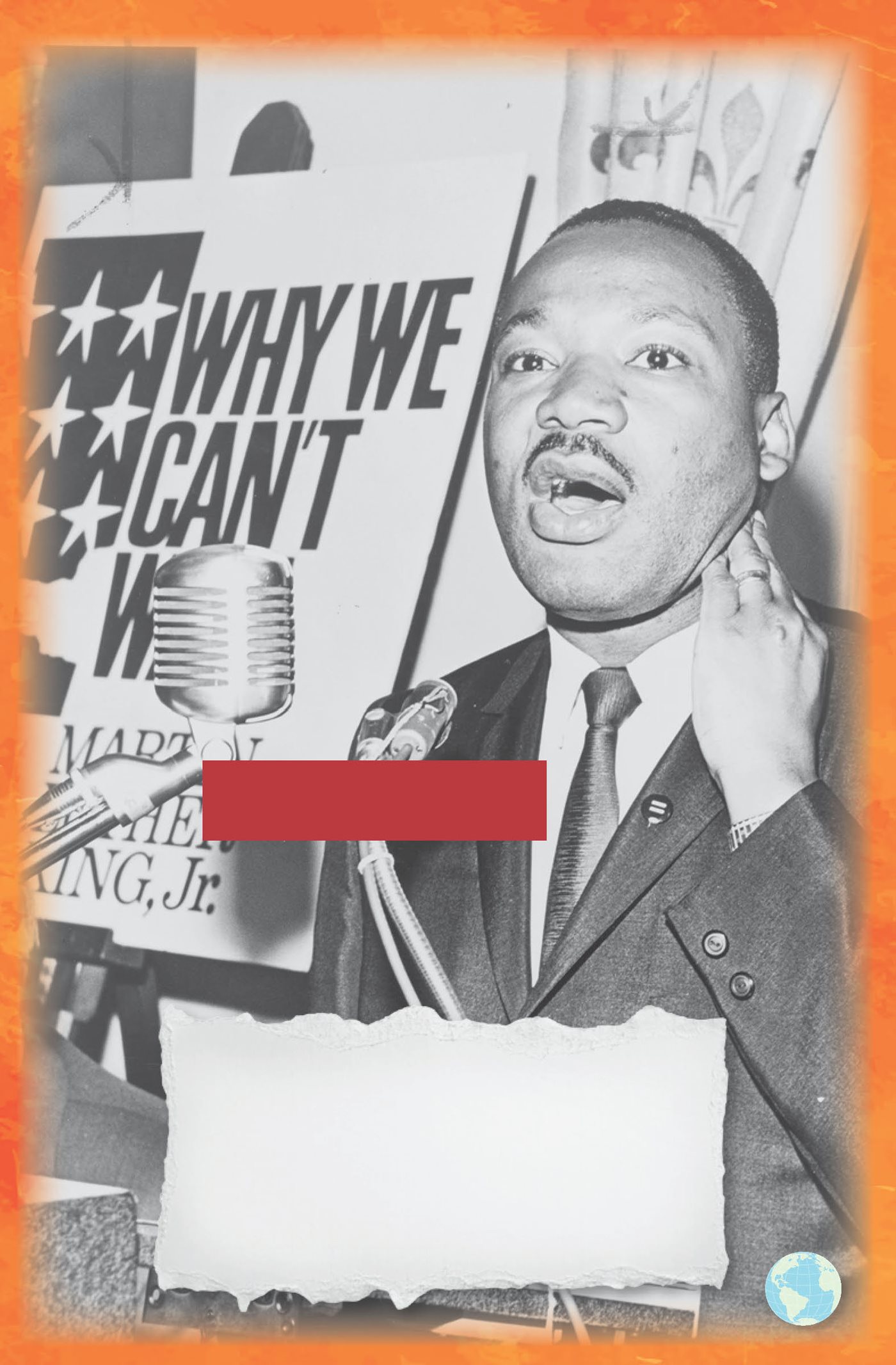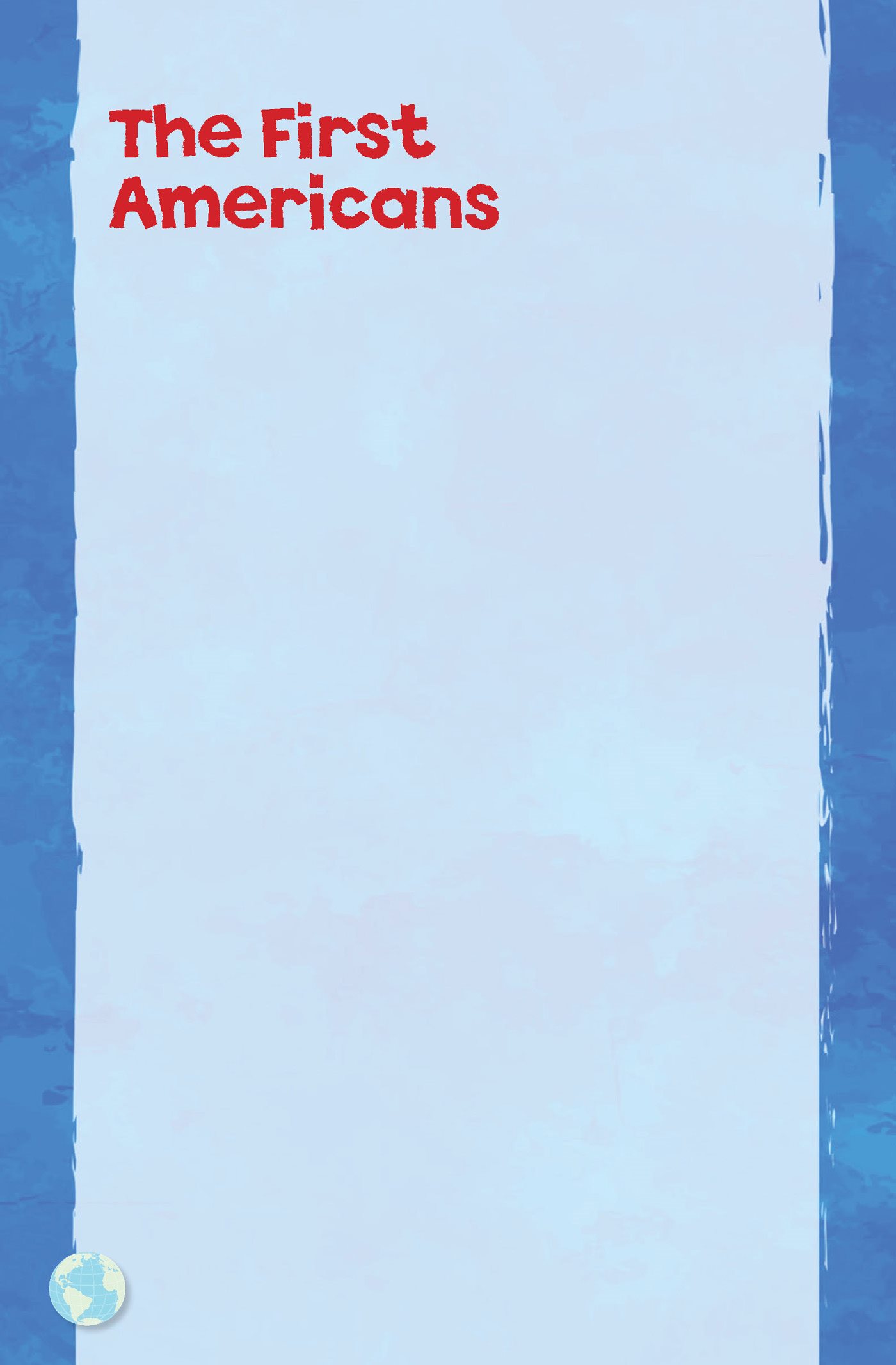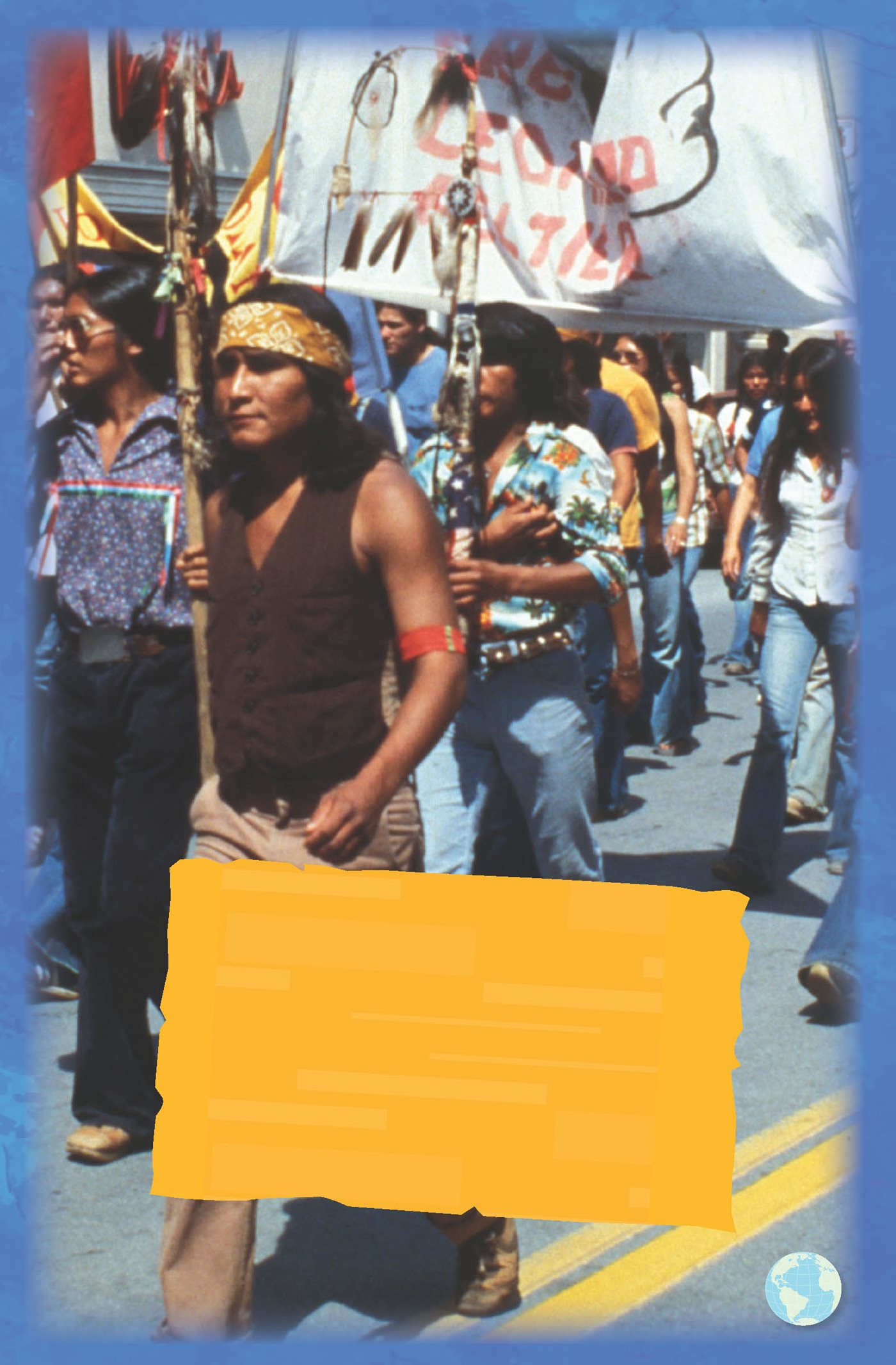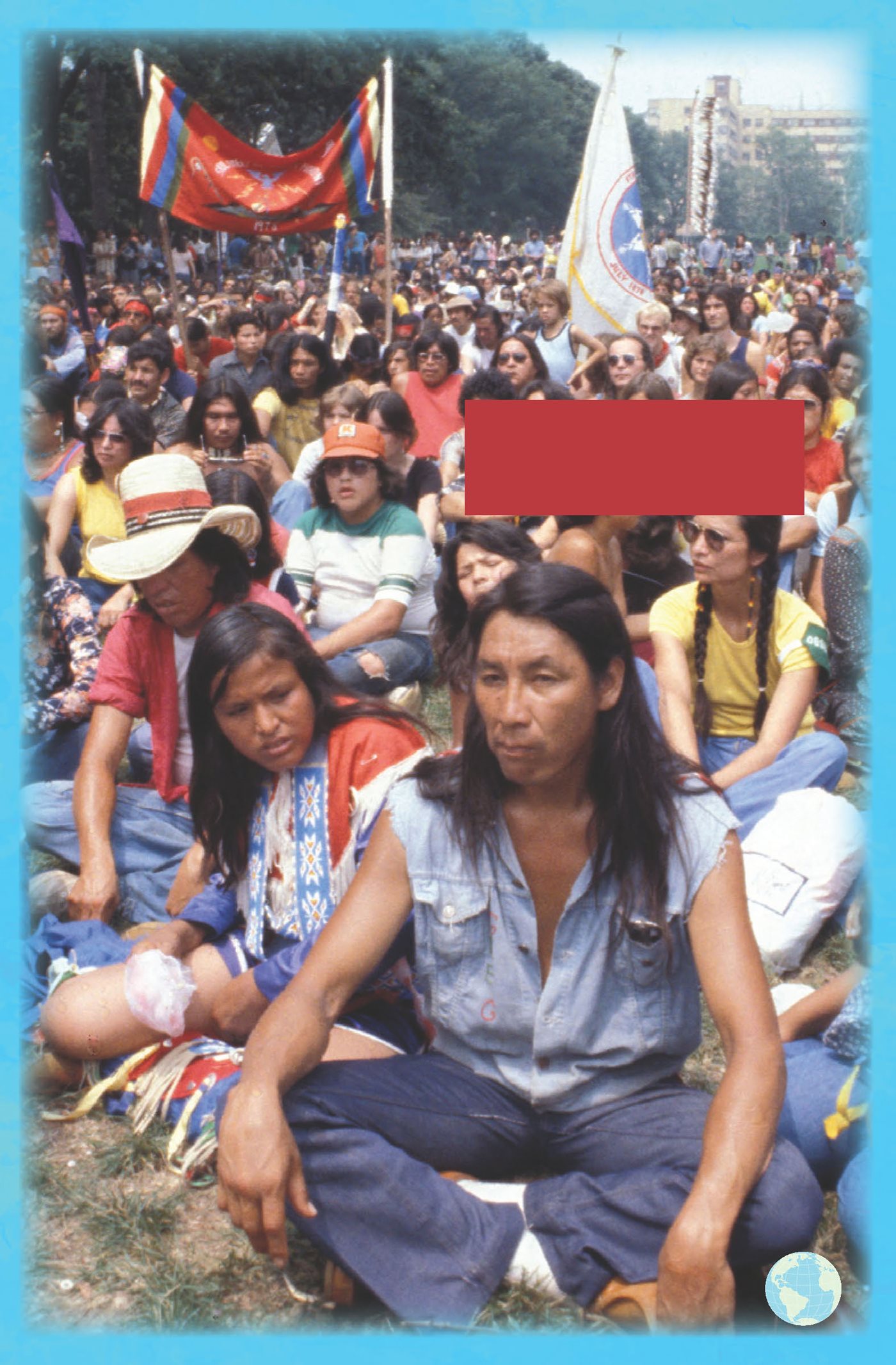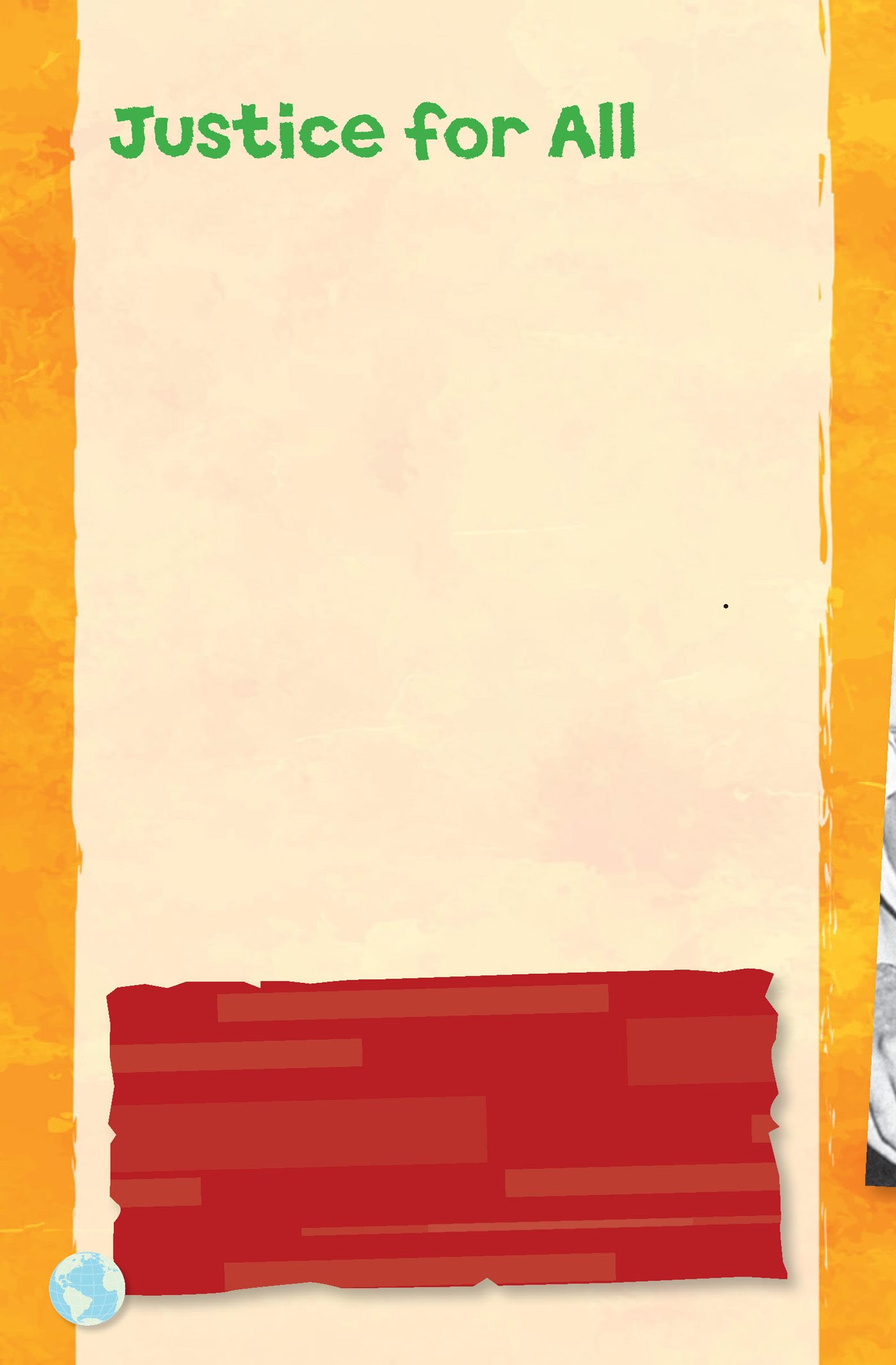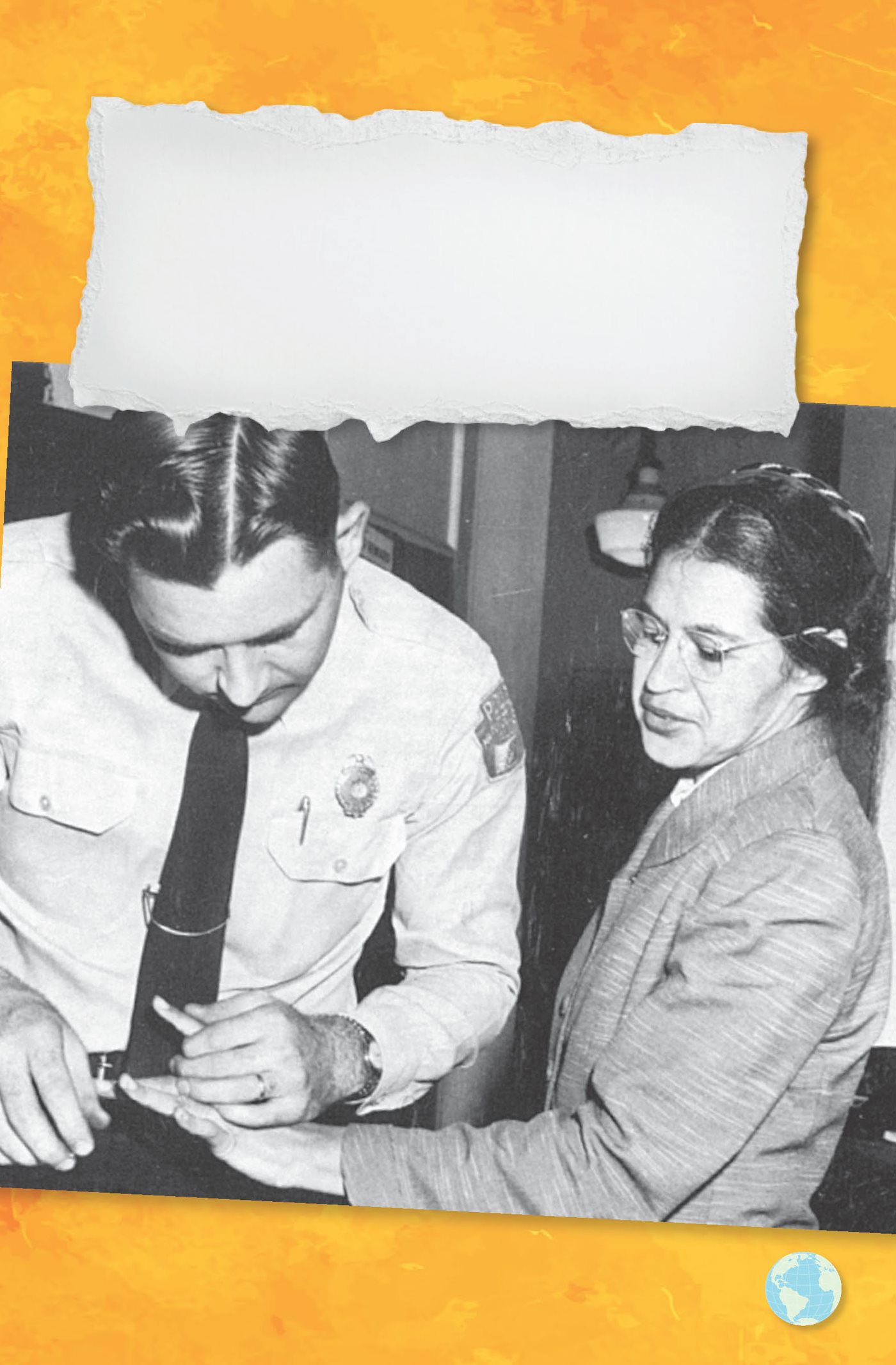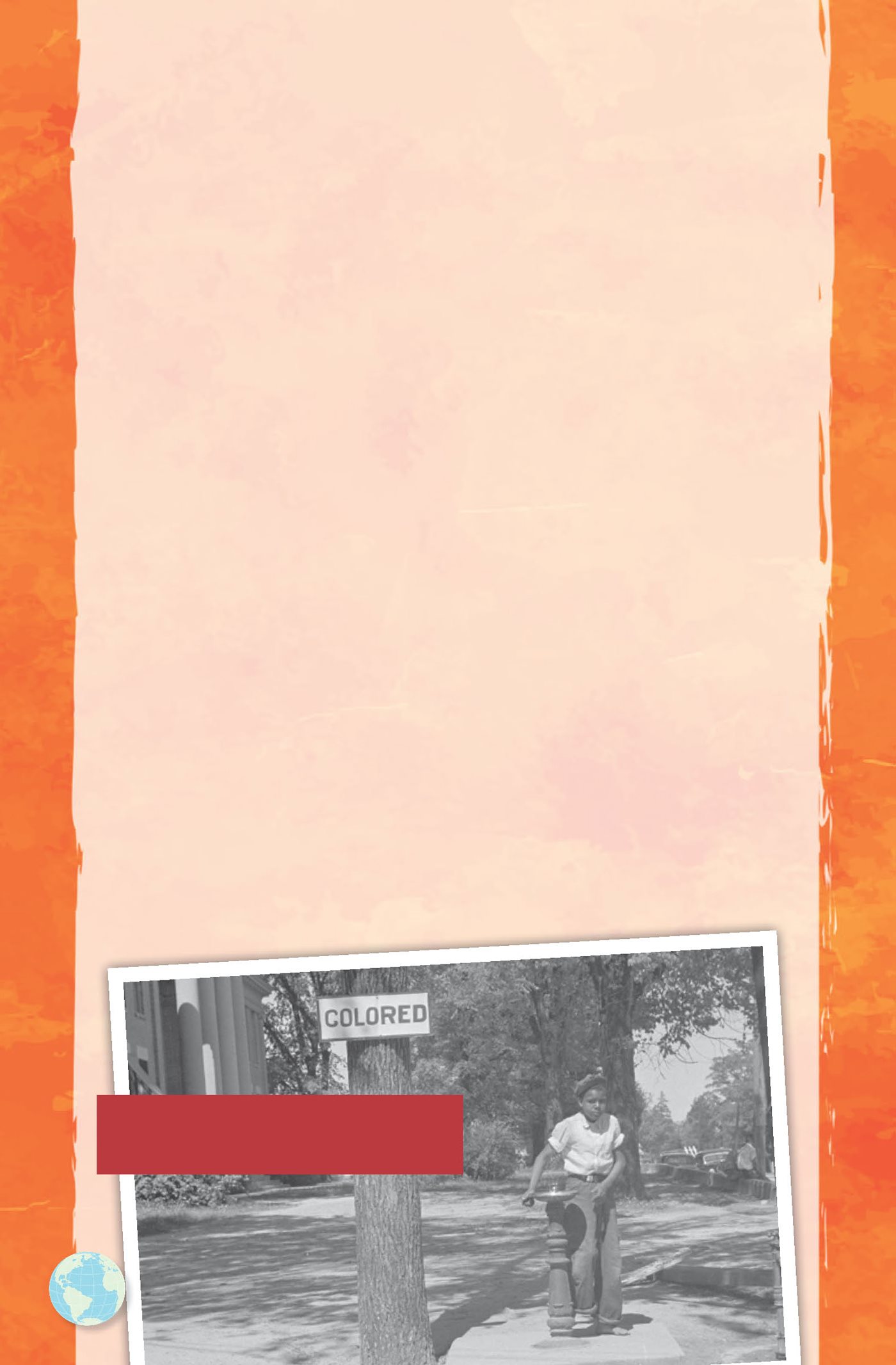Kelly Rodgers
Publishing Credits
Rachelle Cracchiolo, M.S.Ed., Publisher
Conni Medina, M.A.Ed., Managing Editor
Nika Fabienke, Ed.D., Series Developer
June Kikuchi, Content Director
John Leach, Assistant Editor
Lee Aucoin, Senior Graphic Designer
TIME F OR K IDS and the TIME F OR K IDS logo are registered trademarks of TIME
Inc. Used under license.
Image Credits: Cover and p.1 (front) Bettman/Getty Images, (back)
Associated Press; Readers Guide page Bettmann/Getty Images; p.5
Library of Congress [LC-USZ62-122985]; pp.7, 9 Arthur Grace/ZUMAPRESS/
Newscom; p.11 Granger, NYC; p.12 Library of Congress [LC-DIG-fsa-
8a03228]; p.13 National Baseball Hall of Fame Library/MLB Photos
via Getty Images; p.15 Associated Press; p.19 Franklin D. Roosevelt
Presidential Library & Museum; p.21 AP Photo/Houston Chronicle, Karen
Warren; p.23 Ton Koene/VWPics/Alamy Stock Photo; p.25 Lucas Jackson/
Reuters; p.27 Lucas Jackson/Reuters; p.31 Library of Congress [LC-DIG-
ds-04000]; all other images from iStock and/or Shutterstock
All companies and products mentioned in this book are registered
trademarks of their respective owners or developers and are used in this
book strictly for editorial purposes; no commercial claim to their use is
made by the author or the publisher.
Teacher Created Materials
5301 Oceanus Drive
Huntington Beach, CA 92649-1030
http://www.tcmpub.com
ISBN 978-1-4258-4970-2
ePUB ISBN 978-1-5457-1143-9
2018 Teacher Created Materials, Inc.
Do you think about fairness ? Do
you know what justice means? These
two words are very important.
Fairness means treating people
with respect. It means making sure
everyone has the same chance. It
means no one is treated badly.
Justice is about being fair. It means
everyone is treated in the same way.
People use rules and laws to be just.
Fairness and justice matter. They
give everyone the same chance to
succeed. But gaining civil rights is
hard work.
Martin Luther King Jr.
fought for civil rights.
Be a Civil Rights Champ!
You can make a difference. Treat all
people the same. Make sure to include
everyone. Respect others ideas. And
always play by the rules.
American Indians were the first
to live in what we now call America.
Then, new settlers came to North
America. They wanted land and made
their own laws. They were not fair to
the native people.
The lives of American Indians
changed forever. The government
did not respect their rights. They had
to leave their homes. Their land no
longer belonged to them. Then, they
lost their right to make important
choices about their lives. They were
not able to decide where they would
live. But they stood up for themselves.
They spoke out about their problems.
The Longest Walk
In 1978, many American Indians walked
across the United States. They started
in San Francisco, California. They
ended in Washington, DC. It took them
five months. They wanted to remind
everyone of all they had lost.
They did not back down. They
marched and protested . Finally, in
1968, a new law was passed. It was the
Indian Civil Rights Act.
It promised American Indians
rights. The new law gave them
freedom of speech. It gave them
freedom to worship. It gave them
protection. The law was a beginning,
but it was not enough.
American Indians still fight for the
right to make their own choices. Their
voices deserve to be heard.
A True Warrior
Clyde Warrior was an Oklahoma Ponca
Indian. He founded the National Indian
Youth Council. He fought for American Indian
traditions . In 1968, he gave an important
speech. It was called We Are Not Free.
The crowd listens and
rests at the end of The
Longest Walk, in 1978.
The United States is a nation of
laws. Each person is
supposed to be
equal under the law. That is what
justice means. The color of our skin
should not matter. But this is not
always the case.
Many people have faced racism .
This is the idea that one group of
people is better than another. African
Americans face racism. Others do
too. In the past, some states had laws
separating people by the color of their
skin. Only certain people could vote.
An Important Case
The U.S. Supreme Court is the top court in
the country. In 1954, the court ruled that
segregation in public schools was against the
law. Black children and white children would
now be able to go to school together.
Rosa Parks Takes a Seat
One day in 1955, Rosa Parks got on a bus to go
home after work. Soon, the bus filled up. A white
man asked her to give him her seat. She said
no and was arrested. Her act of bravery forever
changed the country.
African Americans could not shop


